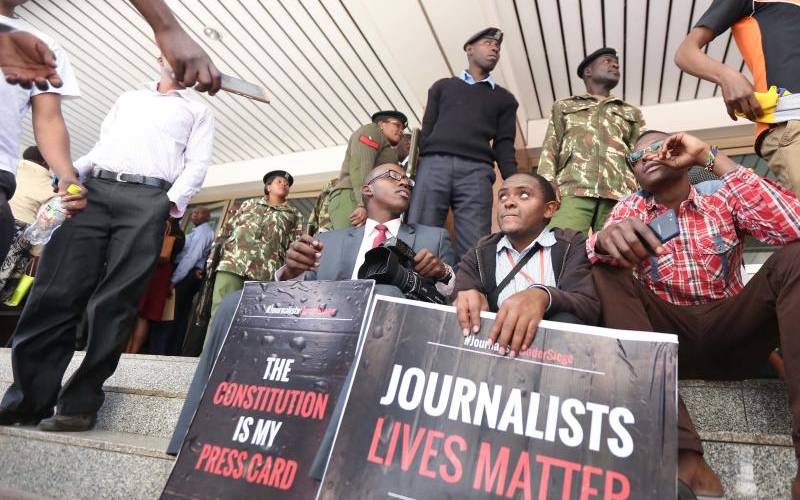×
The Standard e-Paper
Stay Informed, Even Offline

As World Press Freedom Day is marked globally today, journalism’s fight for rediscovery takes the stage in a forceful manner. While the usual villains remain committed to their unhelpful pursuits to curtail free media, it is now becoming clear that the biggest weapon society has against these threats is journalism.